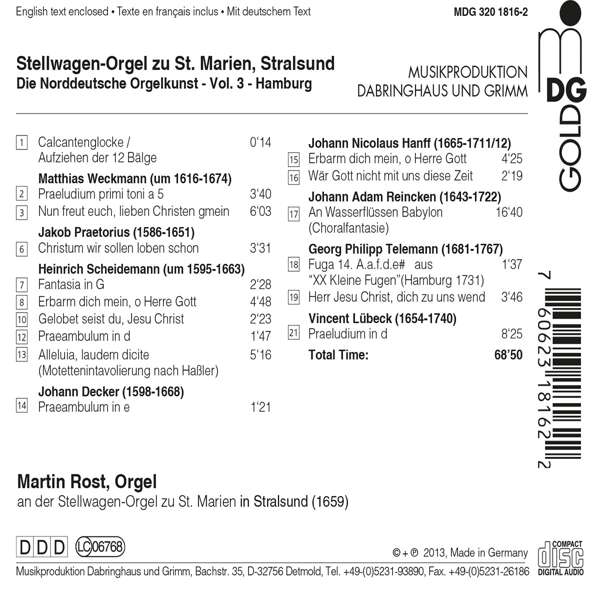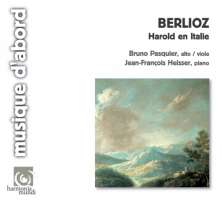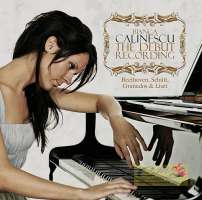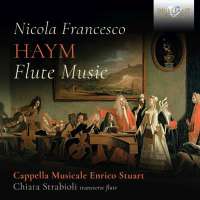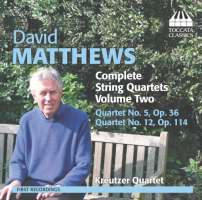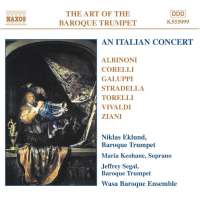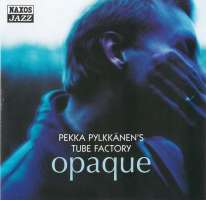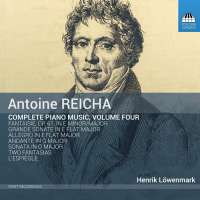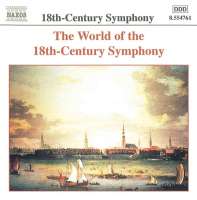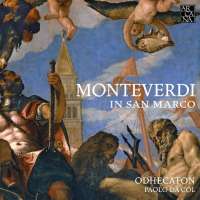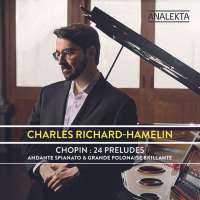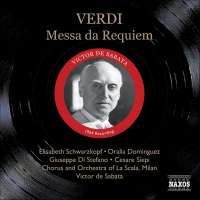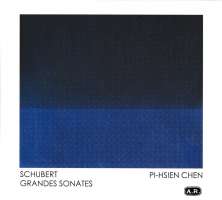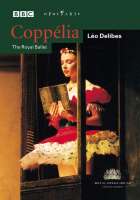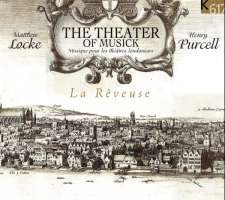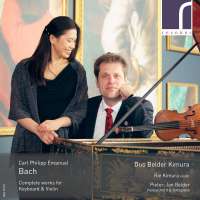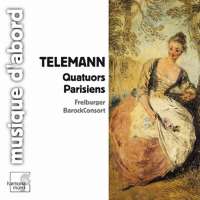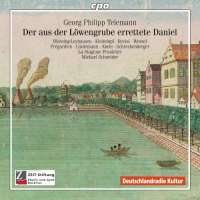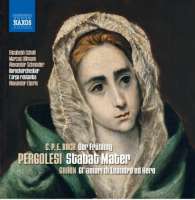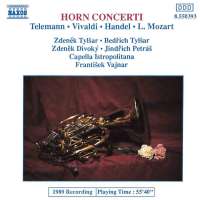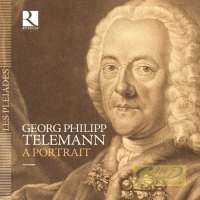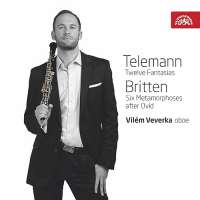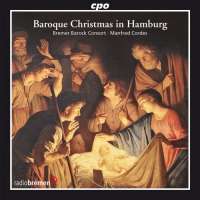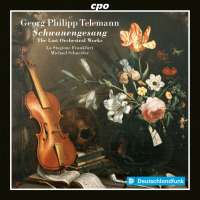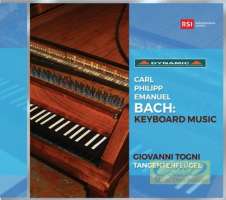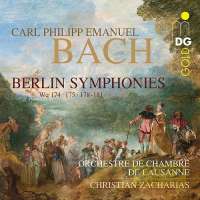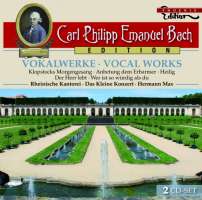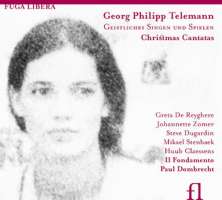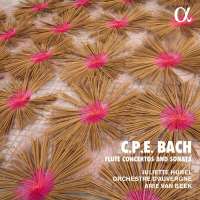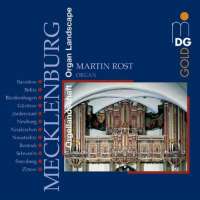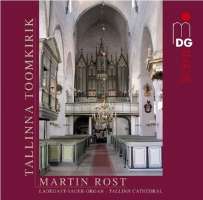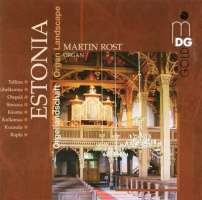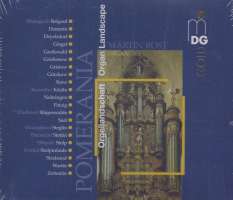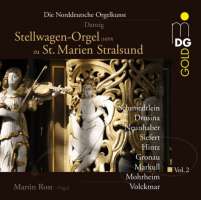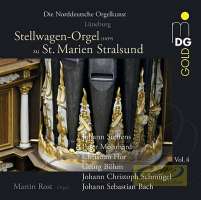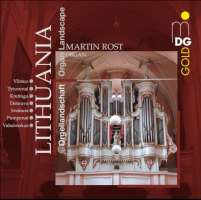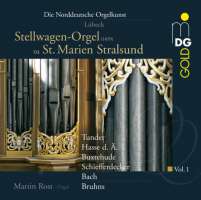
kompozytor
Telemann, Georg Philipp;
Bach, Carl Philipp Emanuel;
Weckmann, Matthias
tytuł
Norddeutsche Orgelkunst Vol. 3 Hamburg - Telemann, C.P.E. Bach, Weckmann, ...
wykonawcy
Rost, Martin
nr katalogowy
MDG 320 1816-2
opis
Cosmopolitan and down-to-earth, generous, yet economical: proud Hamburg also performs musically self-confidently. The list of cantors and organists at Hamburg's main churches reads like the "Who's Who" of the organ art of the 17th and 18th centuries: Matthias Weckmann, Vincent Lübeck, Heinrich Scheidemann, later Georg Philipp Telemann and Carl Philipp Emanuel Bach worked in Hamburg and brought the city's musical life to an unprecedented heyday. Martin Rost leads in the third episode of "Norddeutsche Orgelkunst" through the golden age of Hanseatic music. • Hamburg's connections throughout the world favoured the fortunate development of organ music: Jacob Praetorius and Heinrich Scheidemann were able to learn at the famous Sweelinck, Matthias Weckmann, on the other hand, was well acquainted with the Frescobaldi pupil Froberger and brought Central German as well as Italian and French influences to the Hanseatic city. Scheidemann's successor Johann Adam Reincken summarizes these styles in a great way: His enormous fantasy about "An Wasserflüssen Babylon" is unprecedented in its dimensions; no less a person than Johann Sebastian Bach handed down the work in a copy. • Revolutionary is foreign to Hamburg - and in connection with commercial reason the high-quality instruments of Dutch design were not simply replaced, but carefully extended and adapted to the needs of the 17th century. Hans Scherer and Gottfried Fritzsche in particular stand for the further development of the Hamburg large organs, before Arp Schnitger introduces an organ style that is less tailored to the polyphonic fine sound, but rather to the clarity of the parish chant. • Martin Rost is an outstanding connoisseur of North German organ music. His "house instrument" is the organ in St. Marien in Stralsund, which was built by Fritzsche's son-in-law Stellwagen in 1659 and thus masterfully continues the Hanseatic organ tradition. Special mention should be made of the four calcantes who tirelessly operated the 12 wedge bellows of the organ in authentic manual operation.
nośnik
CD
gatunek
Muzyka klasyczna
producent
MDG
data wydania
28-08-2013
EAN / kod kreskowy
760623181622

(Produkt nie został jeszcze oceniony)
cena 64,00 zł
lubProdukt na zamówienie
Wysyłka ustalana indywidualnie.
Darmowa wysyłka dla zamówień powyżej 300 zł!
Darmowy kurier dla zamówień powyżej 500 zł!
sprawdź koszty wysyłki